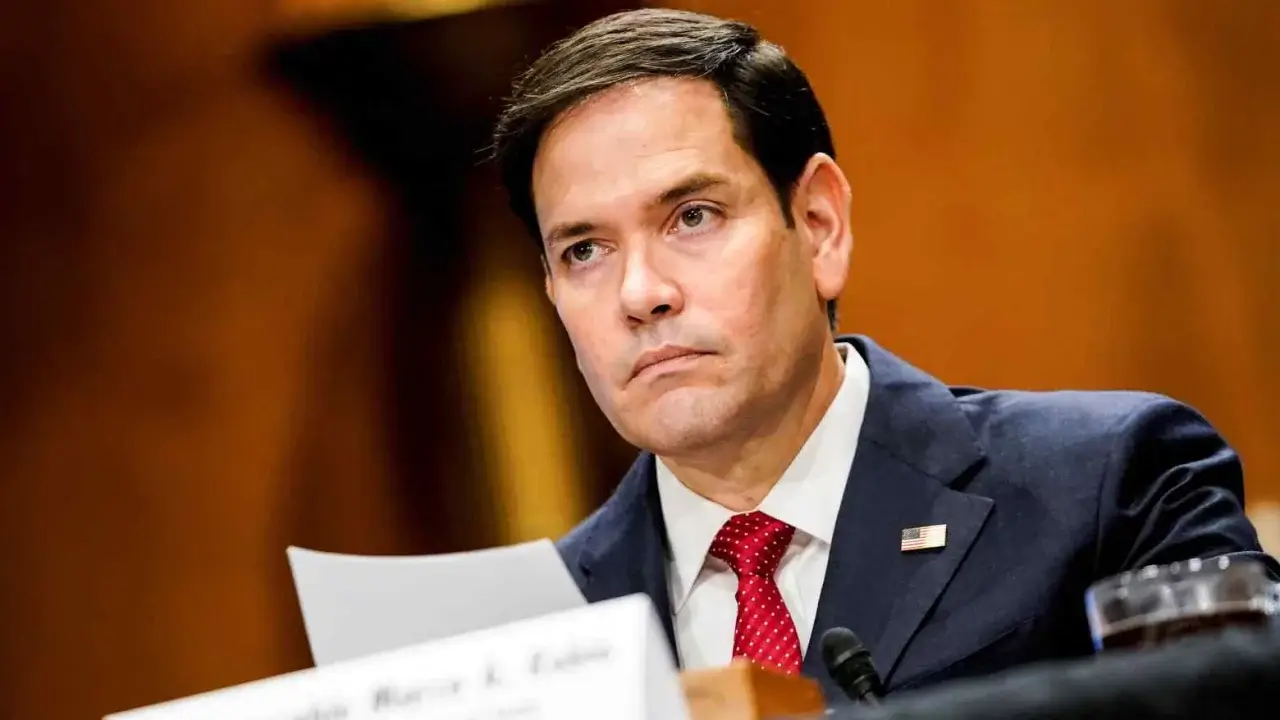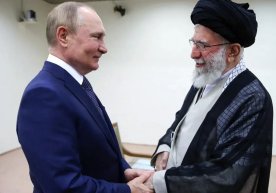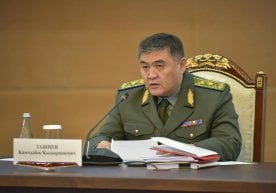Rubio: the meeting in Alaska — clarifying and assessing positions

U.S. Secretary of State Marco Rubio explained that President Donald Trump’s meeting on August 15 in Alaska with the Kremlin leader Vladimir Putin is an attempt to clarify positions. According to him, this step is considered a pragmatic attempt carried out to directly understand reality and to assess its quality and direction.
According to Rubio, the previous three or four phone conversations of the head of the White House with Putin did not yield the expected result, therefore Trump considers it necessary to meet Putin in person and assess the situation “by looking a person in the eye.” Proceeding from this, he noted that through personal communication certain uncertainties can be resolved and the real goals and interests can become clearer.
“People need to understand — for President Trump this meeting is not a concession,” said Rubio. According to him, this initiative is now aimed not at “who is saying what?” but at finding an open answer to the questions “who wants what and in what way intends to achieve it?” That is, this is an attempt to set the direction, clarify positions, and create a logical basis for subsequent decisions.
The U.S. Secretary of State also reacted to statements in the press that the meeting with Trump was a victory for Putin and thus he came out of isolation. As he emphasized, unlike such assessments, a meeting is not political noise, but something that is done “around the table” on the merits, to conduct clear question-and-answer, compare positions, and as a result make a decision.
“A meeting — this is something that is done to clarify positions and make a decision. I want to have all the evidence. I want to look this guy in the eye. And this is what the President also wants to do,” said the U.S. Secretary of State. With this Rubio emphasized that the method of “seeing with one’s own eyes,” receiving signals directly through personal contact, is a priority.
In Rubio’s opinion, during the meeting they will quickly understand whether this approach has a chance to achieve success or not. According to him, the most important thing is not to drag out the dispute, but to promptly come to a clear conclusion, precisely plan the next steps, and announce the result responsibly. In this sense, it was noted that the dialogue in Alaska is seen not as a “concession,” but as a stage of “clarifying and assessing.”
Read “Zamin” on Telegram!





















